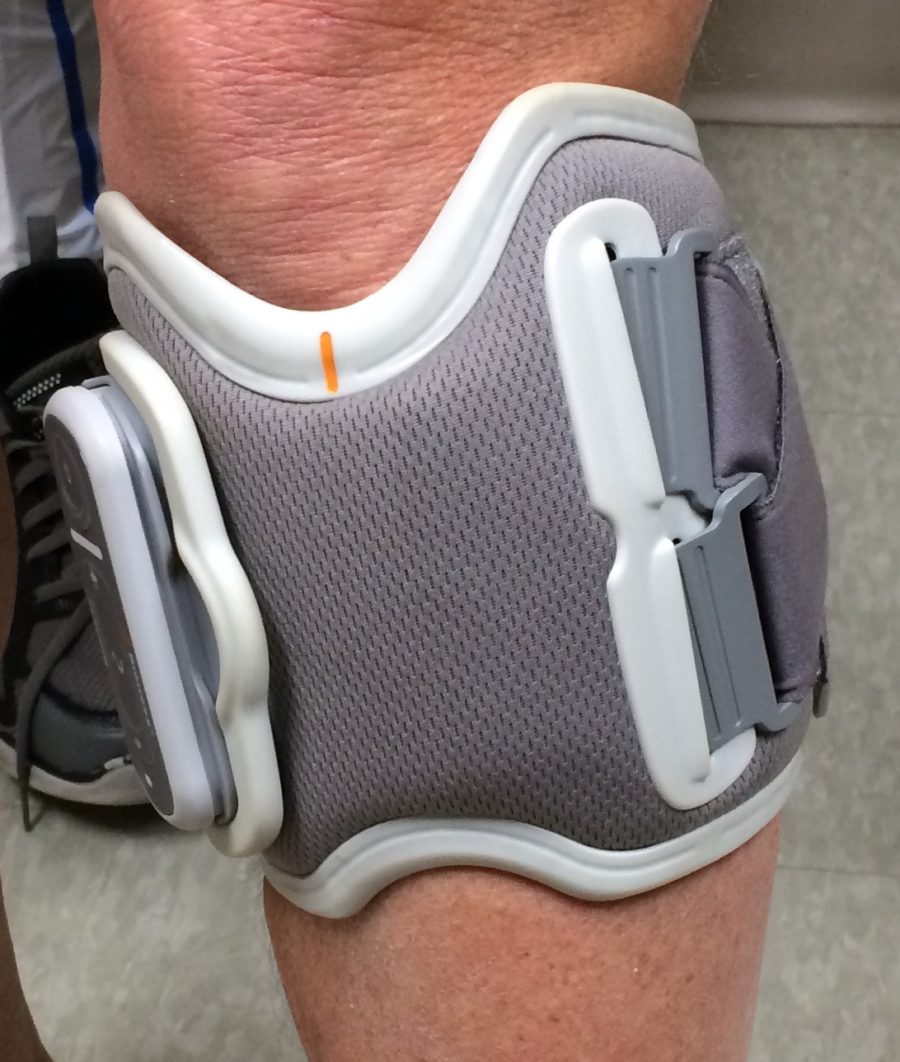She’s Hiking 2,200 Miles and She Has MS
When I wrote about April Hester two years ago, she and her husband, Bernie, had just finished hiking the 500 miles of South Carolina’s Palmetto Trail. That’s no small accomplishment for anyone, but it was a particularly special achievement for April because she has MS. Now, April is about to start a hike that will be four times as long. In early May, she and Bernie intend to hike the…Continue Reading






